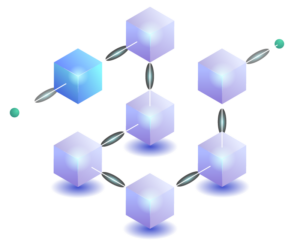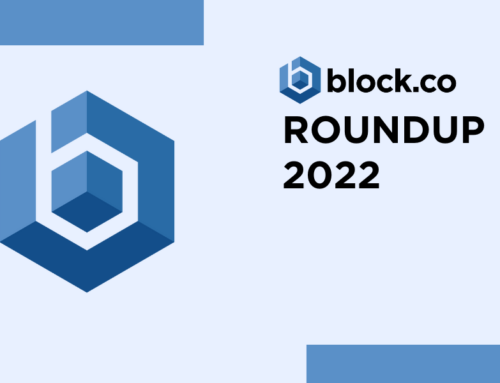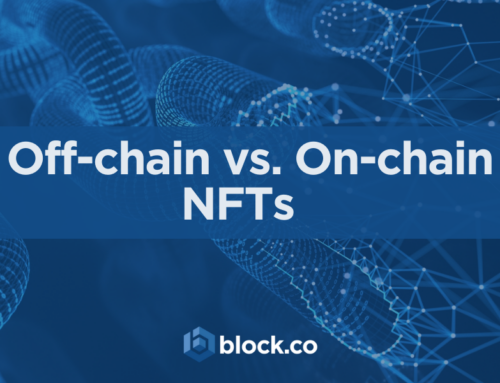Non-Ownership of NFTs
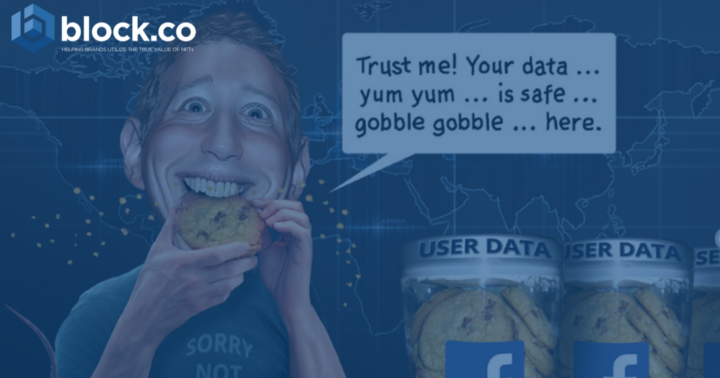
Since the launch of our NFT platform for marketers, a lot of developments have taken place as the NFT sphere is maturing and NFT searches on Google are again at an all-time high. We felt the need to publish another article (link to Legal Implications of NFTs article) on the issue of non-ownership of NFTs and the implications for brands looking to advance their endeavors into the NFT space and the Metaverse.
We will try to supply examples and comparisons to environments you may already be accustomed to like social media platforms and explain why “There ain’t no such thing as a free lunch” even in the NFT world, where decentralized marketplaces invite people to mint their “own” NFTs for free.
Facebook (now Meta) VS OpenSea
With over 15 years in the market, Facebook now has more than 2 billion users all over the world. Despite all the accusations about selling users’ data, the confirmed data leaks and censorship, Facebook continues to grow over time through acquisitions such as Instagram and WhatsApp, while its recent rebranding to Meta, shows its intentions to migrate its users to a Metaverse closely resembling the centralized silos of web 2.0.
OpenSea is an online marketplace for non-fungible tokens. It was founded by Devin Finzer and Alex Atallah in New York on December 20, 2017. Users can generate NFTs for free on OpenSea and offer them for direct purchase or auction. OpenSea is based on the Ethereum ERC-721 standard and Polygon (a layer-2 scaling solution for Ethereum). OpenSea makes the bulk of its revenue through a 2.5% service fee. The fee is collected whenever an NFT is sold on the platform.
According to OpenSea Terms of Service: “OpenSea is not a wallet provider, exchange, broker, financial institution, or creditor. OpenSea provides a peer-to-peer web3 service that helps users discover and directly interact with each other and NFTs available on public blockchains. We do not have custody or control over the NFTs or blockchains you are interacting with, and we do not execute or effectuate purchases, transfers, or sales of NFTs. To use our Service, you must use a third-party wallet which allows you to engage in transactions on blockchains.”.
Moreover, OpenSea states that it cannot guarantee that any NFTs visible on OpenSea will always remain visible and/or available to be bought, sold, or transferred and that there are risks associated with purchasing items associated with content created by third parties through peer-to-peer transactions, including but not limited to, the risk of purchasing counterfeit items, mislabeled items, items that are vulnerable to metadata decay, items on smart contracts with bugs, and items that may become untransferable.
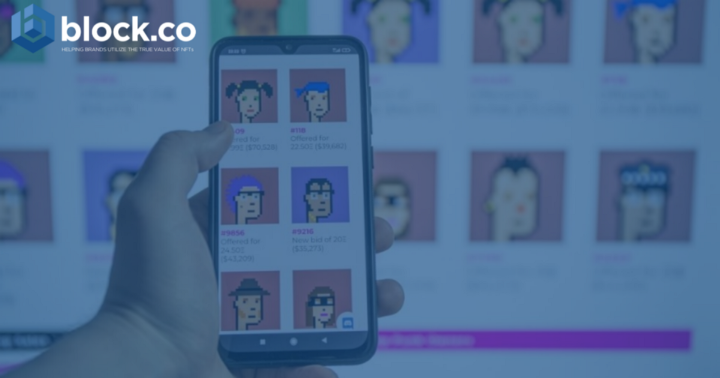
One of the questions we are often being asked is “Why shouldn’t I just mint my NFTs for free on OpenSea or Rarible?” You need to be aware that when you mint NFTs on OpenSea or Rarible (free option), they automatically become the owner of the smart contract that contains your NFT, as each NFT (as a token) belongs to the address of the creator or the person that bought it. Just by looking at the contract addresses of the artists who are exhibiting at OpenSea, 99% of them are exhibiting at the contract address owned by OpenSea. Essentially when NFTs are minted on OpenSea, the owner on the blockchain becomes OpenSea, and since it is recorded on the blockchain, this history stays forever. Hence there ain’t no such thing as a free lunch! In the same sense that users of Facebook (or Meta) are being mined for their data to be sold to advertisers, users of OpenSea are being mined for their creative works to be sold to NFT collectors.
Why not owning your NFT is a big problem, especially if you are a business!
Looking at a substantial number of NFTs on well-known marketplaces being sold for tens, hundreds, or millions of dollars, that URL usually points to a VPS running Apache somewhere. Anybody who can access that machine, any individual who buys that domain name at a later stage or any individual who compromises that machine can tamper the image, title, description of the NFT to anything they want, whenever they want (whether they “own” the token or not). There is nothing in the NFT spec that lets you know what the picture “ought to” be, or even allows you to affirm whether something is the “right” picture. If OpenSea removes your NFT, it also will no longer appear in any crypto wallet on your device. It does not functionally matter that NFT is indelibly on the blockchain somewhere because the wallet (and increasingly everything else in the ecosystem) is just using the OpenSea API to display NFTs. This would affect all NFTs. The fact that wallets use Opensea’s APIs to show NFTs instead of getting them themselves is a problem of scaling, wallets are not making money out of it, but this functionality needs servers to run. Now imagine you are a brand, minting tens of thousands of NFTs for your community, and suddenly one day, all those NFTs that you minted are no longer functional, or even worse a hacker replaces the images of your brand with the brand image of a competitor of yours, or with explicit content. Ouch!
What does Block.co do about it?
With Block.co’s platform, NFTs are minted to a separate unique contract address. NFTs can be minted easily while you keep full ownership of your private keys that control the smart contract; if you request us to do so. This means that you can provide us with a public blockchain address, and we can curate a smart contract for you, while you keep full ownership and control of your private keys. However, do keep in mind that when you are interacting with dApps such as OpenSea you are giving permission to OpenSea to control and sell your NFTs.
Although you can create an original contract address with Rarible (by paying the relevant fees), another benefit of using the Block.co platform is that you can mint thousands of NFTs using the Polygon scaling solution, in your own smart contract that you keep ownership of. This feature is still in development for many months on OpenSea and Rarible, with no clear sign of when it will go live. Finally, NFTs minted on the Block.co platform can easily be dropped via email or to a blockchain address, a feature that differentiates Block.co’s platform from the rest of the competition.
If you are a brand manager or a marketing director contemplating marketing with NFTs, then why don’t you read our new guide on Marketing with NFTs? Throw out all the complexity and understand exactly what you need to do and how to do it in the most effective and simplest way possible. Click here for the guide.
If your brand is ready to take the step into web 3.0 and NFT marketing, to optimize engagement with your audience in innovative ways, then click the button below to get your Free Trial, a limited number of Free NFTs, and a Free Consultation call from our team!
Contact Block.co directly or email at enquiries@block.co.
Tel +357 70007828
Get the latest from Block.co, like and follow us on social media:


